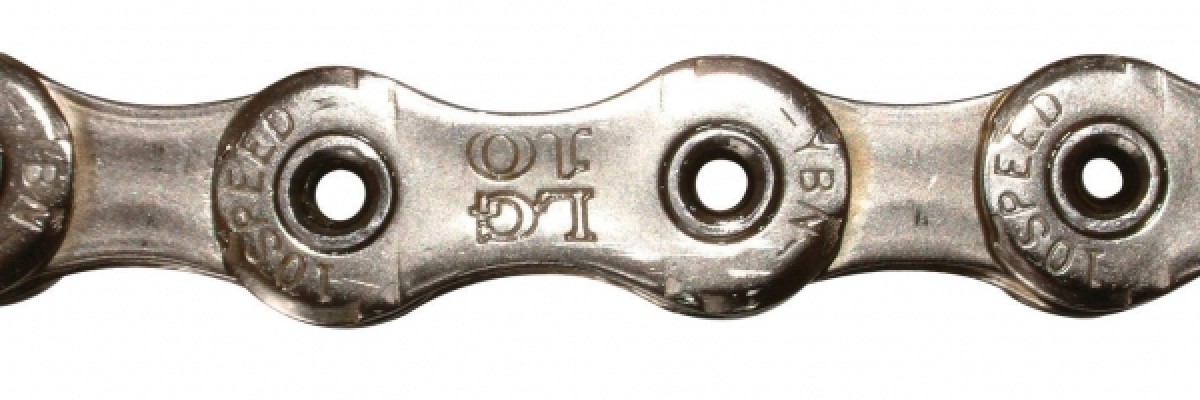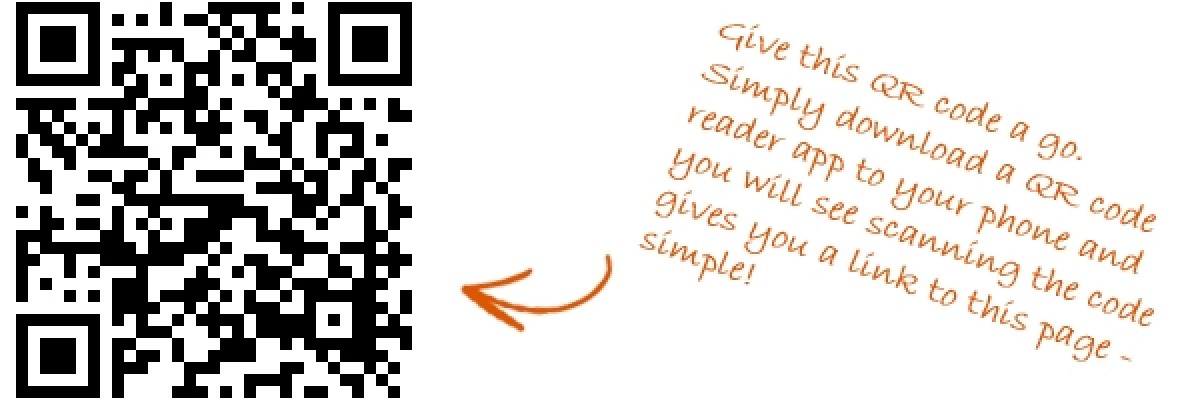Building Links

A lot of our customers are geographically or regionally based and, as such, need to be found in local searches such as 'yoga in southend'.
You are generally aiming to be on the first page of the results for this type of search and it is pretty easy to do if you go about it the right way. To simplify things, we generally think of it as a 3-pronged attack:
1. Get your site working effectively; all your meta tags should be effective as should your page text and the use of semantic mark-up. This is a massive subject on its own and something we take care of for you when creating your site (see our current special offer for a custom website).
2. Start to build links to your site
3. Get people to go to your site!
Let us focus on number 2, the link building. A link is something you click on that then takes you to another website (an external link) or to a page within your website (an internal link). If you imagine how the search engines work (and they are cleverer than you probably give credit for), they are continuously scanning and mapping sites and, more importantly, mapping links between sites. To a search engine if you have lots of links to your site (ie links that redirect the user to your site when clicked on) then it will think your site is important. The more important your site is, the better it will rank in the SERPs (search engine results pages).
The problem (although this is also a good thing) with links is that they vary so much in quality. If you get a link to your site from the BBC then this would mean an awful lot to google (as BBC is a highly ranked site). Conversely, links from minor sites then mean a lot less. Google will also account for the type of site that contains the link. If it is a site with similar subject matter (eg a yoga retreat site linking to a yoga studio site) then this will be more important than sites with dissimilar subject matter (eg a basketball site linking to a yoga site)
The type of link also matters. Webmasters use all sorts of tricks to disguise links using code, redirects and the particularly sneaky 'nofollow' HTML attribute (sneaky because you need to look at the pages code to see if it is being used). These camouflage the link so that google is not aware the link leads to your site. This is done because quality links from a site dilutes its 'link juice' and thus diminishes its searchability.
To get things going in the early days Leon media recommend that you start to build some links from directory listings. There are loads of these around, you register with them and update your details (tip - keep a record of registration details and do not use different passwords). Here are some of the more popular ones - but bear in mind this is just the tip of the iceberg. You can see some of these sites are maybe specific to you or your industry, if you do searches for keywords that you would hope to show up in you will quite often spot other sites you can also register with.
One of the most important in this list is DMOZ. We have a separate blog about what is DMOZ and how you can get your site listed.
www.scoot.co.uk
www.the-arena.co.uk
www.smilelocal.com
www.businessitonline.com
www.dmoz.org
www.yell.com
www.vivastreet.co.uk
www.aboutus.org
www.healthypages.co.uk
www.qype.co.uk
www.freeindex.co.uk
www.hotfroguk.co.uk
www.alternativehealth.co.uk
www.centralindex.com
www.thomsonlocal.com
www.accessplace.com
www.city-visitor.com
www.welovelocal.com
In terms of link quality directory listings are at the bottom of the pile but they do help and we have found that they can really help build your sites profile.
The next step is then to look at related sites to get links from. Reciprocal linking is very popular (in fact some of the directory sites do this) which means you offer somebody a link to their site in return for a link back. This is useful and can be agreed quite quickly. If we manage your site for you then we can quite quickly add these on your behalf. You can also write articles that provide links to your site or write articles on your site and get people to link to them; and then there is social networking....
We will provide code examples and provide details on how to best manage your link anchors in future blog entries.










